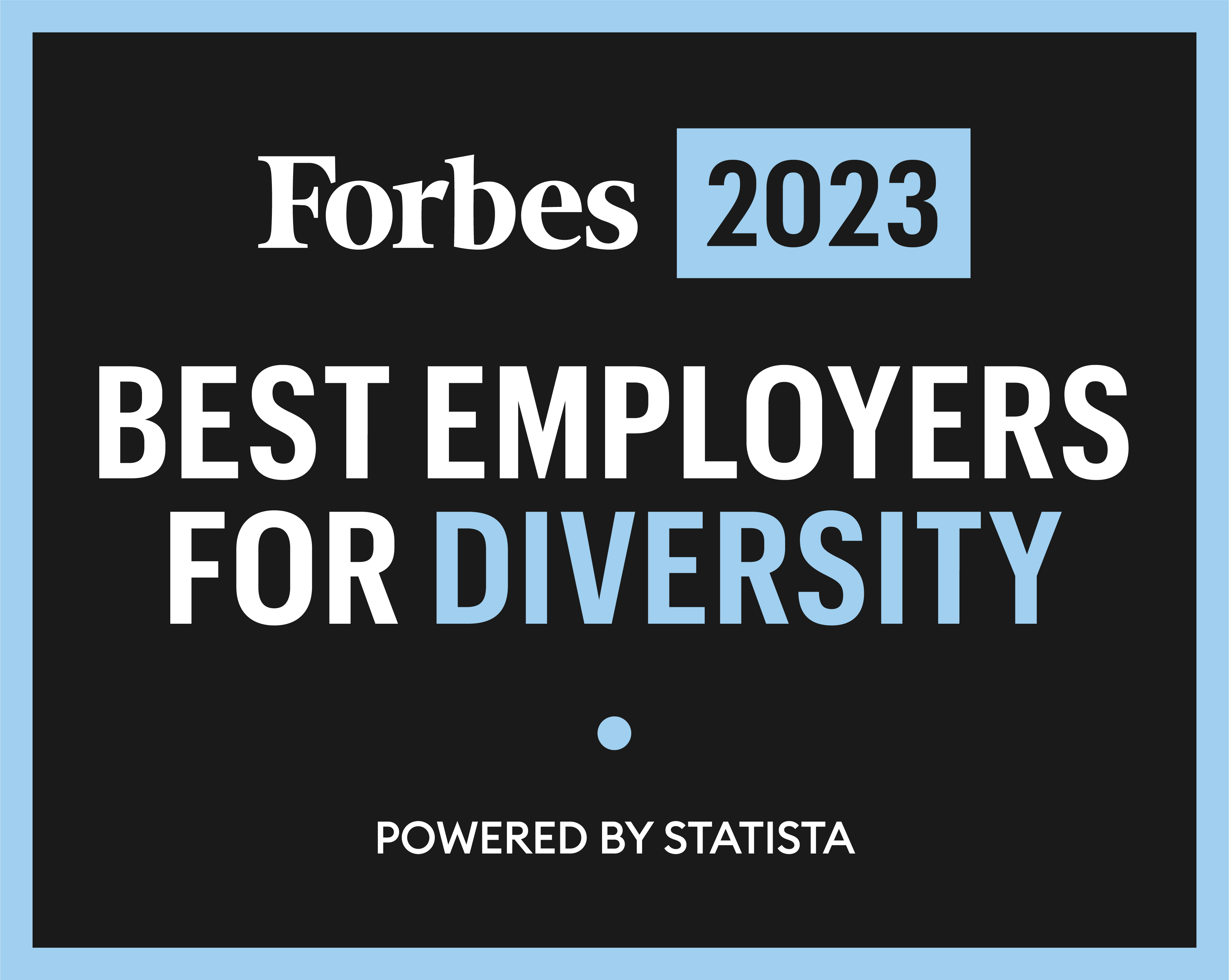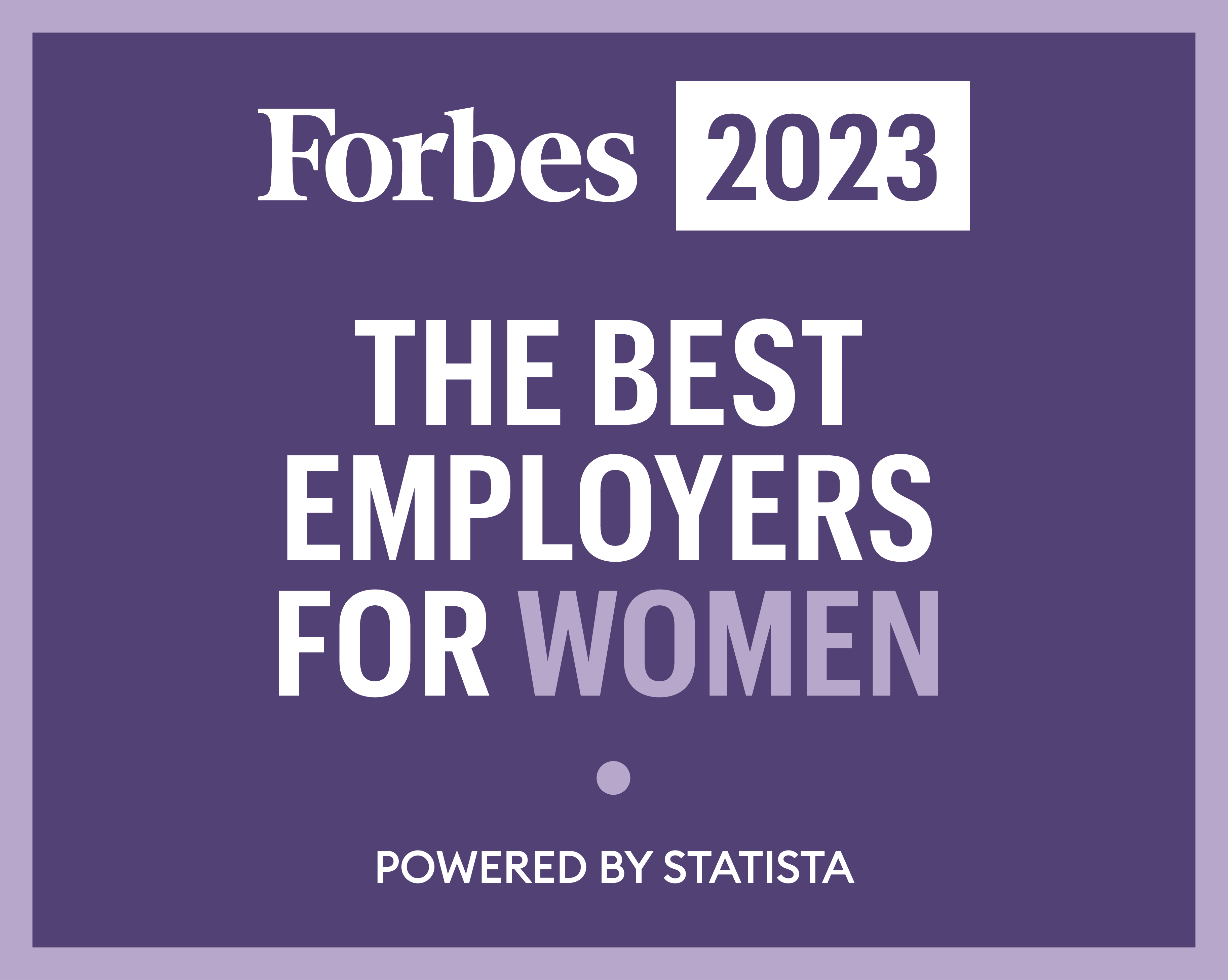Postdoc Scholar/Bond Lab
Position overview
Direct, Fiscal Year and Table 23N: Postdoctoral Scholar-Employee, Experience-Based Hourly Rate Minimum, Fiscal Year, Non-exempt. The salary range for this position is $60,000-$71,952 for fulltime. “Off-scale salaries”, i.e., a salary that is higher than the published system-wide salary at the designated rank and step, are offered when necessary to meet competitive
conditions, qualifications, and experience
Application Window
Open date: March 6, 2024
Next review date: Monday, Apr 29, 2024 at 11:59pm (Pacific Time)
Apply by this date to ensure full consideration by the committee.
Final date: Monday, Jul 29, 2024 at 11:59pm (Pacific Time)
Applications will continue to be accepted until this date, but those received after the review date will only be considered if the position has not yet been filled.
Position description
The Bond Lab at the University of California, Davis (UCD) and the Forthman Lab at the California Department of Food and Agriculture (CDFA) welcome applications for a postdoctoral researcher to focus on a collaborative phylogenomic project of the megadiverse plant bugs (Miridae). The successful candidate will work with a multi-institutional team of researchers, involving the Bond and Forthman Labs, as well as the Weirauch Lab at the University of California, Riverside (lead project institution). The candidate will work closely with Ph.D. students and undergraduate interns to complete projects sponsored by a recent NSF award. Opportunities to develop complementary research questions and proposals with the project team will be encouraged. Considerable field collecting within the western US and in South Africa will take place throughout the position. The candidate will also participate in scientific outreach programs at CDFA and UCD to promote scientific discovery, agriculture, and biodiversity for public audiences of all ages. Note that this position will primarily take place at the California Department of Food and Agriculture Plant Pest Diagnostics Center (PPDC) in Sacramento, California.
We are seeking a candidate with previous leadership and collaborative experiences, excellent communication and organization skills, a positive attitude, and motivation for learning new skills and knowledge. Prior research experience in systematics, evolution, phylogenetics, biodiversity, and/or entomology is also important.
Project description:
This collaborative project will focus on the evolution of Miridae, a megadiverse and understudied insect family known as plant bugs. While most plant bugs are phytophagous with a limited host plant range, the group also includes predatory, mycetophagous, and zoophytophagous lineages, making this group economically important as crop pests and beneficial predatory insects. Plant bugs are extremely speciose in Mediterranean-type regions, including the California Floristic Province (CA-FP) biodiversity hotspot. Despite a substantial biodiversity dataset generated for plant bugs through past NSF-funding, its current utility is hindered by the absence of robustly supported phylogenetic hypotheses, limiting exploration of biogeographic history and host plant evolution. In this project, we will:
- Generate a worldwide phylogeny of plant bugs based on ultraconserved element (UCE) data to reconstruct robust tribal and subtribal-level relationships and investigate the temporal and diet evolution of the group.
- Investigate the biogeographic history and host plant evolution of Nearctic Miridae, focusing on 12 well-documented clades, and determine the origin of taxa in the CA-FP.
- Test if phylogenetic diversity of Miridae in the CA-FP shows similar patterns to those documented for plants and vertebrates.
The postdoc will lead sequence capture and processing for all three aims, and phylogenomic analyses including manuscript preparation for Aims 1 and 2 (in part). Postdoc mentoring will balance research, publications, presentations, grantsmanship, teaching, and outreach. The successful candidate will gain field experience, expertise in mirid systematics, including identifications, NGS and bioinformatics skills, and expertise with phylogenetic and downstream analyses (e.g., divergence dating, biogeography, phylogenetic diversity). The candidate will be involved in teaching a course-based undergraduate research experience class and a True Bug Short Course, as well as co-mentor undergraduate students.
Qualifications
Hold a Ph.D. in evolutionary biology, entomology, or a related field
- Have demonstrated background in systematics with preference for insect systematics;
- Have demonstrated skills in phylogenomic approaches from wet-lab procedures to bioinformatics;
- Show skills in data analysis and scientific writing;
- Show strong leadership qualities and excellent communication skills;
- Work well in a team setting across multiple laboratories;
- Have experience with mentoring students and interest in outreach activities.
- Experience generating and analyzing UCE datasets;
- Experience conducting field work.
Application Requirements
Curriculum Vitae - Your most recently updated C.V.
Cover Letter (Optional)
Statement of Contributions to Diversity, Equity, and Inclusion - Contributions to diversity, equity, and inclusion documented in the application file will be used to evaluate applicants. Visit https://academicaffairs.ucdavis.edu/faculty-equity-and-inclusion for guidelines about writing a statement and why one is requested.
- 3-5 required (contact information only)
Help contact: cdhogan@ucdavis.edu
About UC Davis
UC Davis is a smoke and tobacco-free campus (http://breathefree.ucdavis.edu/).
We are an Affirmative Action/Equal Opportunity employer, and particularly encourage applications from members of historically underrepresented racial/ethnic groups, women, individuals’ with disabilities, veterans, LGBTQ community members, and others who demonstrate the ability to help us achieve our vision of a diverse and inclusive community. For the complete University of California nondiscrimination and affirmative action policy see: http://policy.ucop.edu/doc/4000376/NondiscrimAffirmAct
Under Federal law, the University of California may employ only individuals who are legally able to work in the United States as established by providing documents as specified in the Immigration Reform and Control Act of 1986. Certain UC Davis positions funded by federal contracts or sub-contracts require the selected candidate to pass an E-Verify check. More information is available at: http://www.uscis.gov/e-verify
The University of California, Davis (UC Davis) is committed to inclusive excellence by advancing equity, diversity and inclusion in all that we do. UC Davis celebrates the multi-cultural diversity of its community by creating a welcoming and inclusive environment demonstrated through a variety of resources and programs available to academics, staff, and students. Diversity, equity, inclusion, and belonging are core values of UC Davis that are embedded within our Principles of Community and are tied with how to best serve our student population. Our excellence in research, teaching, and service can best be fully realized by members of our academic community who share our commitment to these values, which are included in our Diversity and Inclusion Strategic Vision, our strategic plan: “To Boldly Go,” our Principles of Community, the Office of Academic Affairs’ Mission Statement, and the UC Board of Regents Policy 4400: Policy on University of California Diversity Statement. UC Davis is making important progress towards our goal of achieving federal designation as a Hispanic-Serving Institution and an Asian American, Native American, and Pacific Islander-Serving Institution. The Office of Diversity, Equity, and Inclusion offers a plethora of resources on their website, and the Office of Health Equity, Diversity, and Inclusion (HEDI) has outlined similar goals in their Anti-Racism and DEI Action Plan.” There are a plethora of links available on the About Us webpage where you can learn more about our Administration, Diversity and Inclusion, Rankings, Locations, Native American Land Acknowledgement, Sustainability, Visiting UC Davis, UC Davis Health, and Campus Safety.
The university is consistently ranked among the top institutions in the world for campus sustainability practices by the UI Green Metric World University Rankings. UC Davis is focused on achieving net-zero greenhouse gas emissions and repeatedly shown its commitment to preserving a healthy and sustainable environment for generations to come.
As a University employee, you will be required to comply with all applicable University policies and/or collective bargaining agreements, as may be amended from time to time. Federal, state, or local government directives may impose additional requirements.

